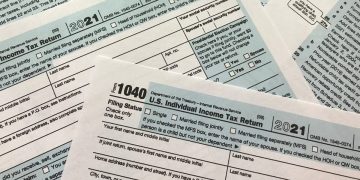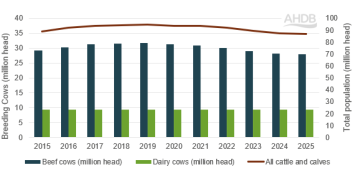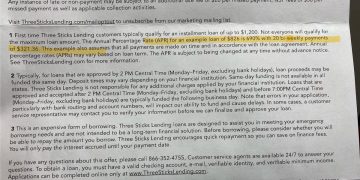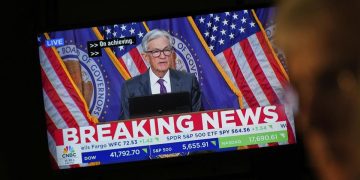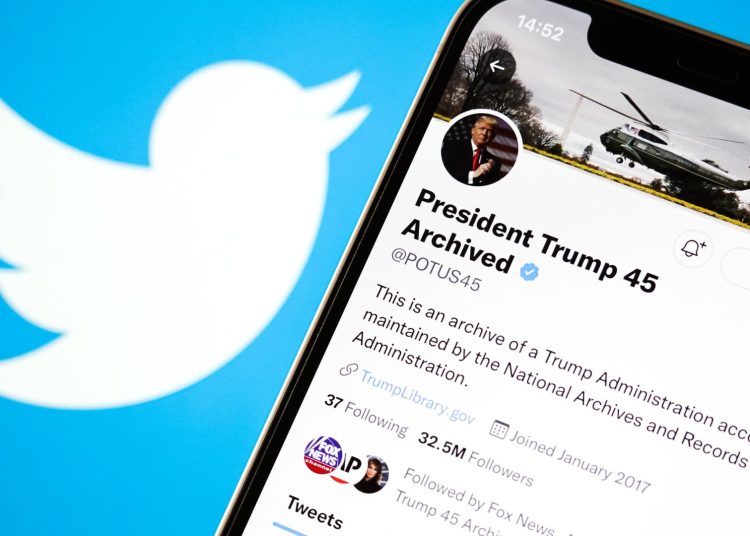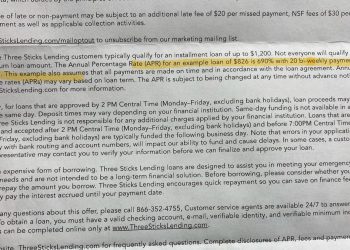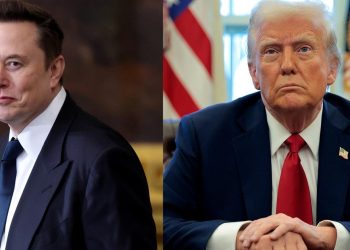In this photo illustration, former U.S. President Donald Trump’s archived Twitter account is shown on a phone screen with the Twitter logo in the background.
Sheldon Cooper | Lightrocket | Getty Images
A decade ago, Twitter’s future was looking bright. The company was benefiting from a flood of funding into the social-networking space, eventually leading to an IPO in 2013 that raised $1.8 billion.
Now the company is back in private hands. And they happen to be the hands of Elon Musk, the richest person in the world and one of the app’s most high-profile provocateurs.
It’s a massive moment. Twitter has become a key place for people to debate, joke and pontificate in their own circles of politics, sports, tech and finance. It’s also served as a platform that gives voice to the voiceless, helping protesters organize and express themselves in repressed regimes around the world.
In recent years, however, Twitter and social media rivals like Facebook have been at the center of controversy over the distribution of fake news and misinformation, sometimes leading to bullying and violence.
Investors had grown concerned about Twitter as a business. The company was generally unprofitable, struggled to keep pace with Google and Facebook, and often killed popular products with no real explanation.
What follows is a brief history of Twitter, which — despite its many flaws — is one of the most iconic companies to come out of Silicon Valley in the past 20 years.
2006
In March, Jack Dorsey,…




